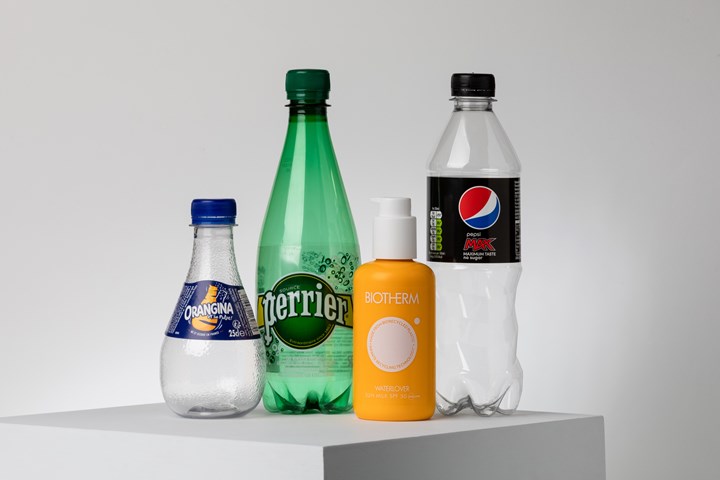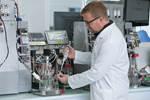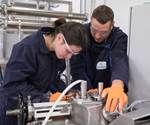Several Brand Owners Develop Bottles with Carbios Enzymatic Recycling Technology
The successful completion of these initial food-grade bottles is a major milestone in the Consortium’s validation of Carbios’ technology.
L’Oréal, Nestlé Waters, PepsiCo and Suntory Beverage & Food Europe announced the successful production of the world’s first food-grade PET plastic bottles produced entirely from enzymatically recycled plastic.
Each Consortium company has successfully manufactured sample bottles – based on French biotech company Carbios’ enzymatic PET recycling technology – for some of their products including: Biotherm, Perrier, Pepsi Max and Orangina.
Carbios says this is culmination of nearly 10 years’ research and development by the company to create a new process and supercharge an enzyme naturally occurring in compost heaps that normally breaks down leaf membranes of dead plants. By adapting this enzyme, Carbios has fine-tuned the technology and optimized this enzyme to break down any kind of PET plastic (regardless of color or complexity) into its building blocks, which can then be turned back into like-new, virgin-quality plastic.
“It is very exciting to see that the quality of the prototype bottles made from colored recycled PET materials is virtually identical to clear virgin PET. When we reach industrial scale, this enzymatic recycling technology will enable us to produce high-quality rPET bottles and help Nestlé Waters in our journey to boost the circular economy and reduce the use of virgin plastics,” said Jean-Francois Briois, head of packaging material science and environmental sustainability at Nestlé Waters global R&D.
Carbios’ patented enzymatic PET recycling process enables a wide variety of PET plastics to be recycled into virgin quality, food grade rPET. PET plastics that would otherwise go to waste or be incinerated, can now be brought back into a continuous circular system of recycling. And this can be achieved at high speed – breaking down 97% of plastic in just 16 hours – 10,000 times more efficient than any biological plastic recycling trial to date.
Together, these brands will work to scale this innovation to help meet the global demand for sustainable packaging solutions. In September 2021, Carbios will break ground on a demonstration plant, before launching a 40,000 tons capacity industrial facility, by 2025.
Carbios will license its technology to PET manufacturers worldwide, accelerating the global adoption of enzymatic recycling for all kinds of PET based products.
“In a world first, we have created food-grade clear bottles from enzymatically recycled colored and complex plastic with identical properties to virgin PET, and in partnership with the Consortium, we have proved the viability of the technology with the world’s leading brands,” said Carbios’ CEO Jean Claude Lumaret. “This is a truly transformational innovation that could finally fully close the loop on PET plastic supply globally, so that it never becomes waste.”

Closing the loop for recycling PET plastic.
Related Content
-
Evolving Opportunities for Ambitious Plastics Recycler
St. Joseph Plastics grew from a simple grinding operation and now pursues growing markets in recycled PP, food-grade recycled materials, and customized post-industrial and post-consumer compounds.
-
Extrusion Technology Extended to Injection, Enabling Up to 100% Regrind Usage
Twin-barrel (shot-pot) press can handle more regrind, offers other benefits to molders.
-
NPE2024 Wrap-Up: Sustainability Dominates Show Floor News
Across all process types, sustainability was a big theme at NPE2024. But there was plenty to see in automation and artificial intelligence as well.









